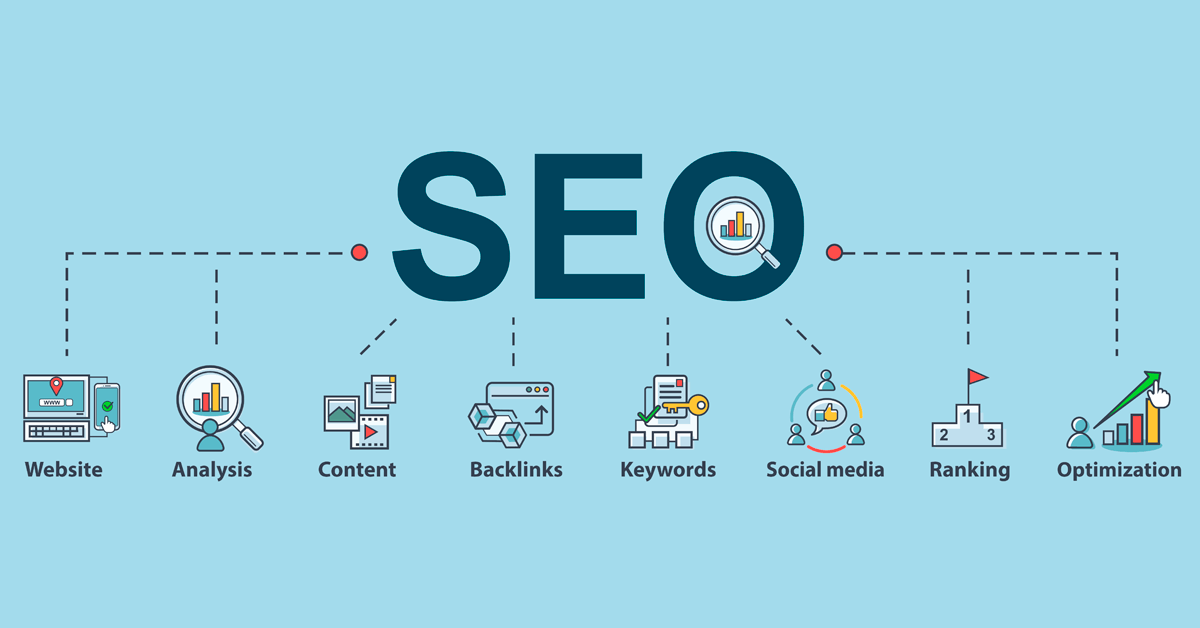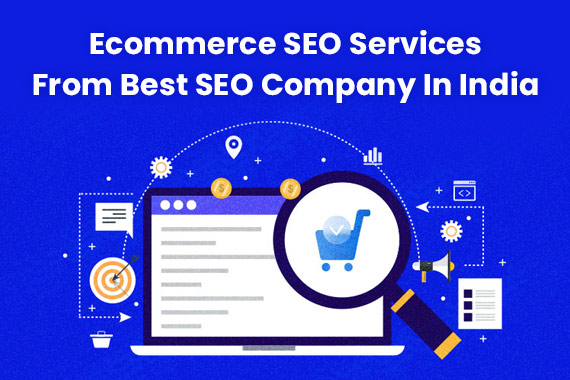Choosing the Right Social Media Platforms for Your Marketing Strategy

An essential part of any effective marketing plan in today’s digital age is social media marketing services. Each platform has its own set of functions, demographics, and degree of engagement, so marketers must be careful with the brand and the platfor features to produce the best outcomes. Are you feeling indecisive of whch platform to choose for social media marketing? Is it instagram, facebook, LinkedIn or Twitter? Let’s uncover in this blog the key factors to consider when choosing the best social media platforms for your marketing efforts.
Check our latest Blog my Manifest: The Manifest Names MATEBIZ PVT. LTD. As One Of The Most Reviewed SEO Agencies In Delhi
Table of Contents
1. How to Pick the Right Social Media Platform for Your Marketing Strategy
Every brand is unique. Choosing the appropriate social media platform is crucial for a marketing strategy, as each platform caters to different demographics and user behaviors. Targeting the audience where they are most active and engaged increases the chances of reaching potential customers effectively. The right platform ensures content resonates with the intended audience, optimizing engagement and conversions. Understanding platform-specific features and strengths empowers businesses to tailor content, build a solid online presence, and ultimately drive business growth through a well-aligned and targeted marketing strategy. Let’s discover how to choose the right social media platform for your marketing strategy.
1.1 Define Your Target Audience
Before diving into any social media platform, it’s essential to understand your target audience. Different platforms attract diverse user demographics, interests, and behaviors. For instance:
– Instagram: Known for its visual appeal, it is popular among younger demographics, primarily millennials and Gen Z.
– Facebook: With a vast user base, it caters to a wide range of demographics, making it suitable for businesses with a broader audience.
– Twitter: Ideal for real-time engagement and concise content, it appeals to news enthusiasts, influencers, and professionals.
– LinkedIn: Designed for business professionals and B2B interactions, it’s the go-to platform for corporate marketing.
1.2 Set Clear Marketing Objectives
What are your marketing goals? Whether you aim to boost brand awareness, drive website traffic, boost sales, or establish thought leadership, each platform serves different purposes. Instagram might be best for brand aesthetics and lifestyle marketing, Facebook for community building, Twitter for timely updates and conversations, and LinkedIn for business networking and lead generation. Align your objectives with the strengths of each platform.
1.3 Analyze Platform Features
Every social media platform comes with its own set of features. Analyze how each platform’s features can benefit your marketing strategy. For example:
– Instagram: Offers Stories, IGTV, Reels, and shopping tags for e-commerce.
– Facebook: Supports groups, events, and various ad formats.
– Twitter: Enables hashtags, retweets, and polls for quick interactions.
– LinkedIn: Provides a professional network for sharing industry insights and company updates.
1.4 Consider Content Types
The type of content you plan to create plays a significant role in platform selection. Instagram might be the best fit if your marketing strategy revolves around visually-driven content. LinkedIn will suit your needs if you prefer in-depth articles and professional content. If you plan to share a blend of text, images, and videos, Facebook and Twitter offer versatile options.
1.5 Assess Platform Engagement
User engagement is a crucial metric for any marketing strategy. Research each platform’s engagement rates, such as likes, comments, shares, and click-through rates. Platforms with higher engagement rates often indicate a more active and receptive audience.
2. Understanding Social Media Analytics: Measuring Success and ROI
Brands rely on social media marketing services to engage with their audiences, raise visibility, and increase conversions in the digital world of today. However, simply having a social media presence is insufficient; you need to evaluate the effectiveness of your efforts too.
Social media analytics offers insights into audience behavior, content performance, and overall campaign success. By understanding the metrics and interpreting the data, businesses can make wise decisions and optimize their social media marketing activities.
Engagement rate, reach, click-through rate, conversion rate and other key performance Indicators (KPIs) are essential to gauge the effect of your social media campaigns.
Furthermore, firms find it simpler to calculate their return on investment (ROI) by social media analytics. Thannks to social media analytics, businesses can analyse the financial success of their social media initiatives by measuring the expenses of social media campaigns and comparing it to the revenue generated.
To summarise, social media analytics may help you assess the effectiveness of your social media strategy, measure success, and calculate ROI. In the increasingly competitive social media world, incorporating data-driven conclusions allows organisations to tweak their strategy, target the correct audience, and achieve greater outcomes.
3. Conclusion
Choosing the right social media platform for your marketing strategy is crucial as not every platform will give benefits to every brand. As a leading provider of social media marketing services, we at Matebiz make it a priority to adopt certain practices strictly, such as defining your target audience, setting clear marketing objectives, analyzing platform features, considering content types and so on and develop a successful social media marketing strategy. Our clients always look up to us for the best social media marketing services due to this level of expertise and our solid experience of working with multiple clients in diverse niches.
FACT TIME!
Did you know that Instagram videos receive 21.2% more interactions than pictures and 18.6% more engagements than carousels?

Work Work
I got in touch with Matebiz regarding a website development I was looking for my business. I must say I was very impressed with them. Especially Manish Sharma who was my go to, he has made the whole process from start to what it is now seamless. It was very easy to deal with him despite being in a foreign country with different time frames, was always available during awkward times and had everything going in my favour. I can’t recommend Manish Sharma and his team highly enough.







